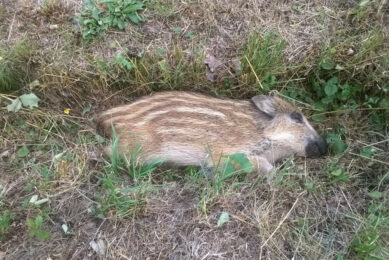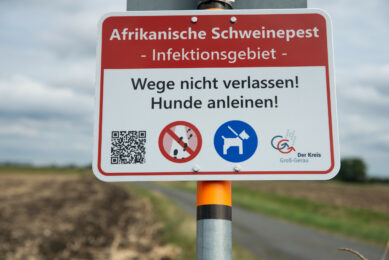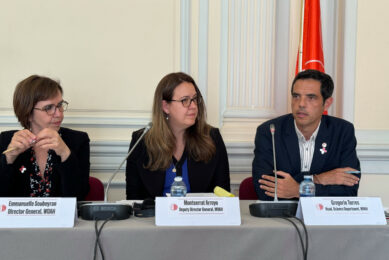What is the risk of ASFv smuggled into the USA?

Combined US-Spanish research explored what would be the risk of African Swine Fever virus being smuggled into the US in pork in air passenger luggage.
Results suggest that the mean risk of ASF virus introduction into the US via this route has increased by 183.33% from the risk estimated before the disease had spread into Western Europe or Asia.
The researchers were attached to the University of Minnesota, Kansas State University and the University of California, Davis as well as Visavet, a part of the Complutense University of Madrid. The outcomes were published this October in Scientific Reports, a publication by Nature.
ASF risk on flights from China and Hong Kong
Most of the risk appears to come from:
- China (38.35%),
- Hong Kong (29.32%),
- Russia (26.92%) and
- Poland (2.43%).
In total, 5 US airports accounted for >90% of the risk and the risk would be higher in summer the researchers wrote.
The 5 airports are:
- Newark, NJ (46.38%);
- George Bush, Houston, TX (32.71%);
- Los Angeles, CA (5.18%);
- John F. Kennedy, NY (5.04%); and
- San Jose, CA (2.87%).
Check out the African Swine Fever (ASF) section – with the latest news, and the tracking of the outbreaks through Asia and Europe
ASF: Substantial economic losses
The researchers wrote that African Swine Fever (ASF) causes substantial economic losses in the swine industry in affected countries. Such a dramatic change in the global epidemiology of ASF has resulted in concerns that the disease may continue to spread into disease-free regions such as the US. That this risk is not unthinkable was shown clearly mid-October, when a 45-year old woman was held at Sydney Airport, Australia, with 4.6kg of pork in her luggage.
The researchers wrote that results would help to inform decisions related to the design of ASF virus surveillance strategies in the US.
The article was written
by Cristina Jurado and Estefanía Cadenas-Fernández and José Manuel Sánchez-Vizcaíno, Visavet, Complutense University of Madrid, Spain; Lina Mur, Kansas State University, USA; María Sol Pérez Aguirreburualde and Andrés Perez, University of Minnesota, MN, USA;, Beatriz Martínez-López, University of California, Davis, CA, USA.











